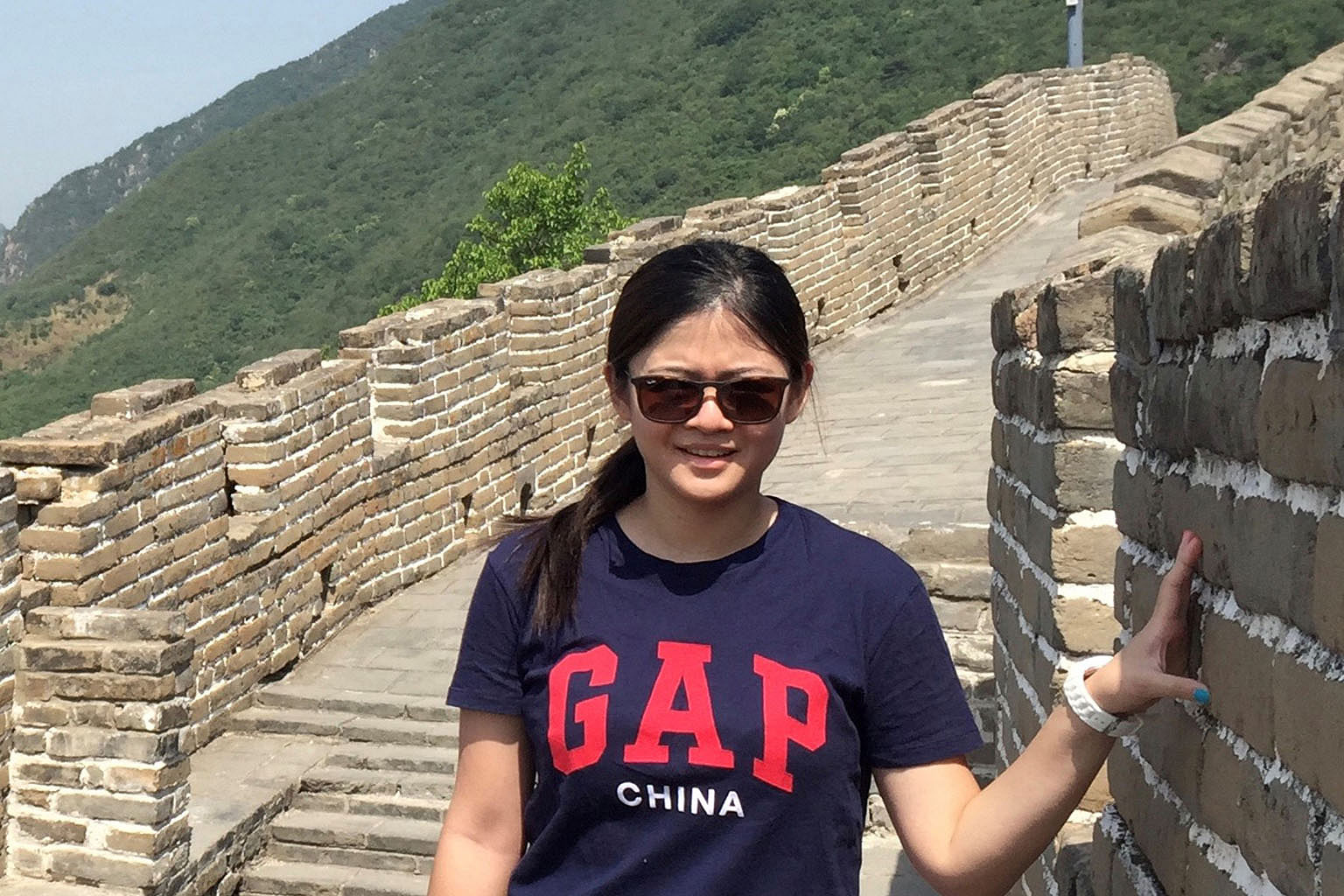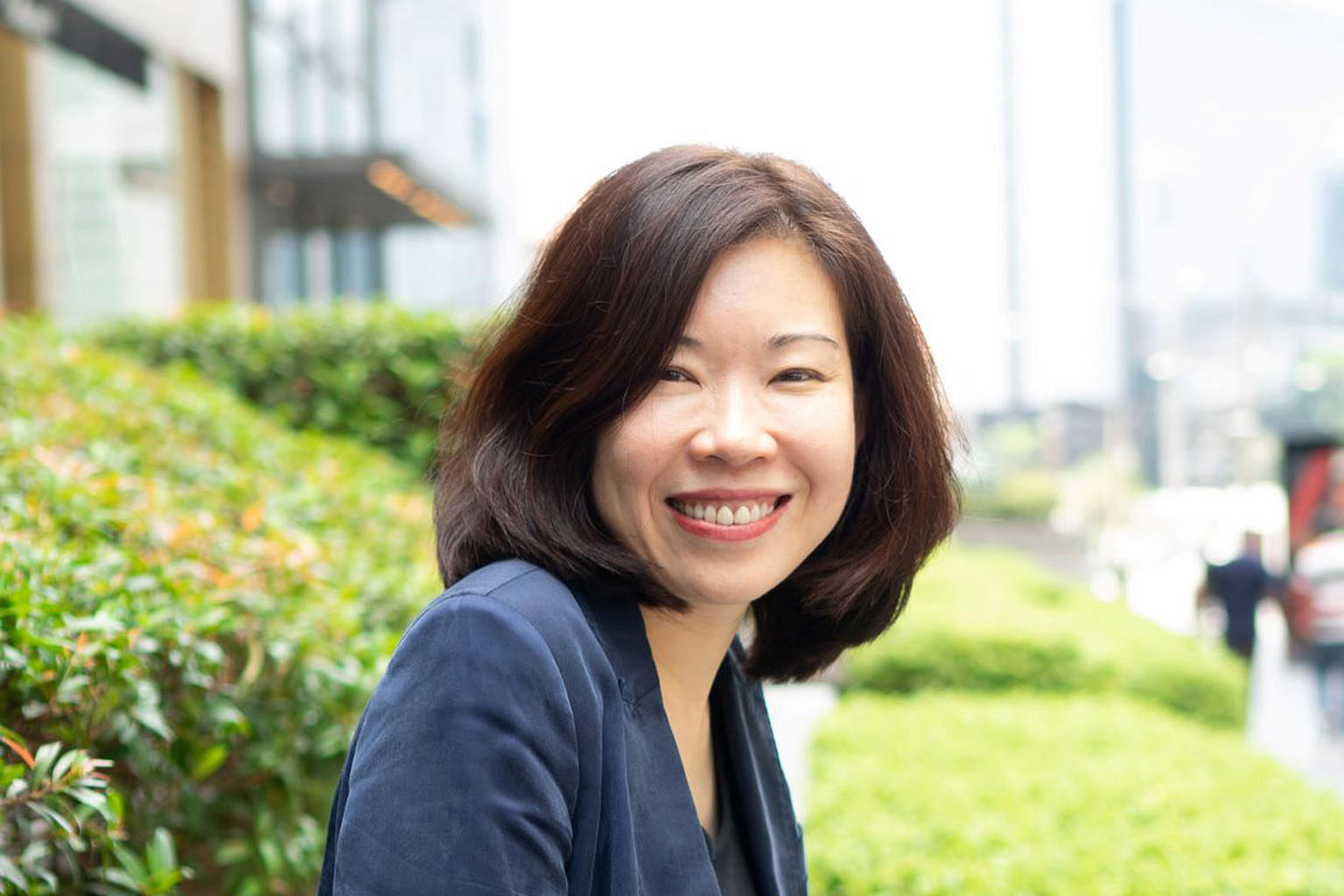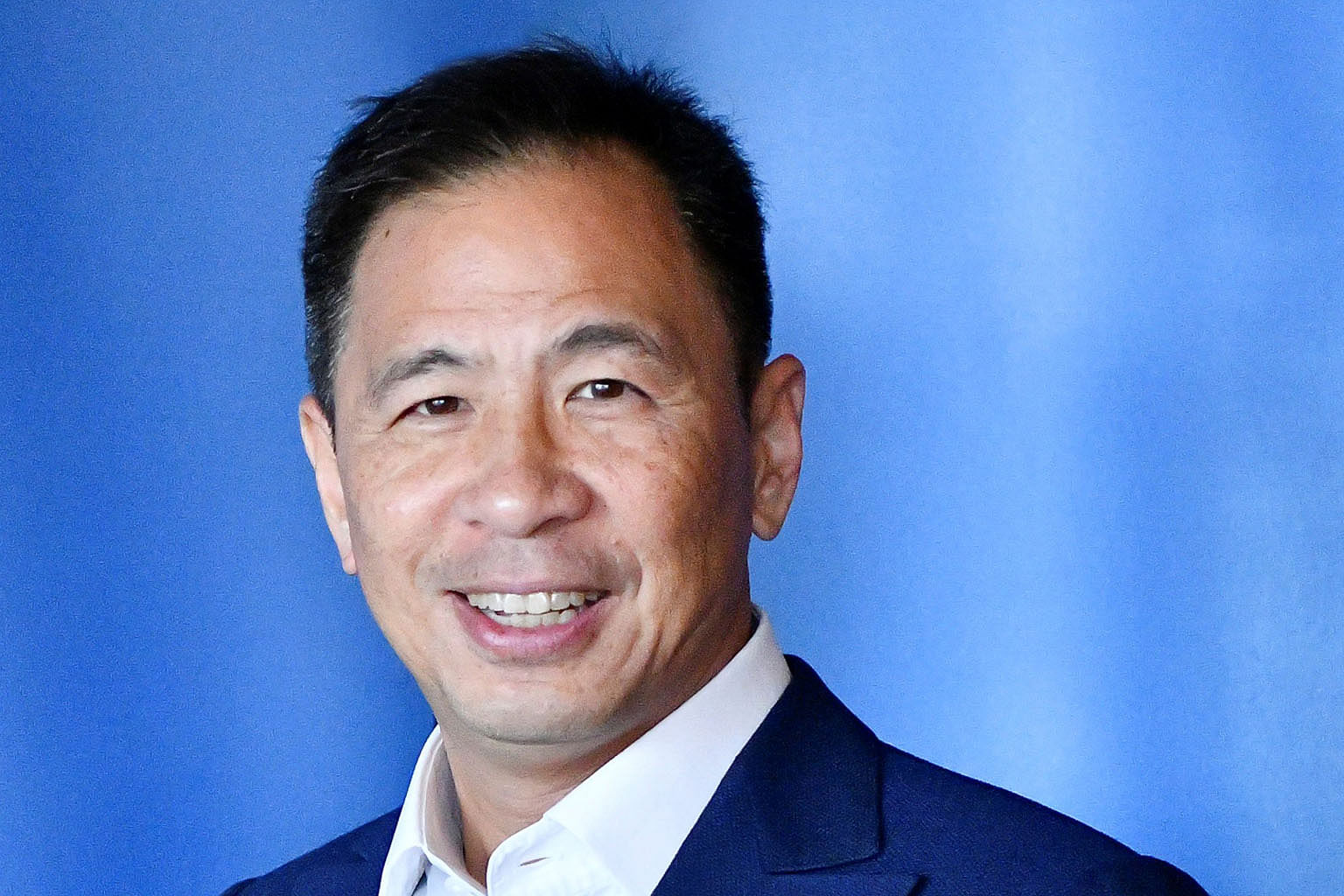If you need to be convinced about the merits of stepping out of your comfort zone and broadening your experience beyond Singapore, look no further than the career graph of Standard Chartered's head of retail banking in Malaysia, Ms Lai Pei-Si.
The 20-year Stanchart veteran and mother of four has one of the most important portfolios in a market that is key for the London-headquartered, Asia-focused lender. But her journey to that role didn't happen by chance.
Joining Stanchart in 1999 as a personal financial consultant, Ms Lai moved through branch, priority banking and channel strategy before she was named chief executive and head of retail banking for Brunei in 2011.
The 3 ½ years she spent in the sultanate, family in tow, would prove invaluable when the bank moved her back home, this time as head of the CEO office, a support function for the heads of Singapore and the 15 regional markets.
Thus empowered, she is back in a key line job.
"I took all four kids to Brunei on my own because my husband, who is an engineer with an American multinational in Singapore, had his career too," says Ms Lai, 47.
"At the back of my mind, I knew the children would be able to assimilate. It was good to have the family on the same journey as you. They gain experience, alongside you. It helped, of course, that the bank picked up their education expenses and so forth."
As the region convulses with the Covid-19 pandemic and eventually picks up the pieces in its aftermath, there will be opportunities for managers and mid-level executives in the best firms to gain experience outside their home countries, even if lesser companies may be tempted to hire more locals. All the more reason that opportunities that arise must be swiftly seized.
Stanchart alone has some 140 Singaporeans working overseas in markets such as Indonesia, China, Hong Kong, the United States and the United Arab Emirates.
That number includes Mr Andrew Chia, CEO for Indonesia, who spent 2 ½ years in Taiwan, leaving his young family back in Singapore while he did a stint there as head of retail clients.
There's also global treasury markets head Daniel Koh, a 25-year bank veteran who started on the bank's 18-month international graduate programme and now holds the title of managing director after stints at global trading hubs in his formative years.
In 2003, Stanchart made him head of global markets in Malaysia, a 3 ½ year stint that saw him start a family before the bank moved him back to Singapore to head up global markets for South-east Asia.
"While markets are global, each centre is unique in its own way and responds in a different manner," says Mr Koh. "That experience helps me when I formulate my strategy for a global business."
It's no different at Citi, the biggest of the foreign banks in Singapore and also known to source Asian talent for deployment in global markets.
Its CEO for Malaysia is Mr Lee Lung Nien, a Citi veteran who started as a credit analyst. Some 20 years of his three-decade career with the bank has been outside Singapore and has included postings in London, New York and Kuala Lumpur.
"I have held 10 jobs in 27 years that have all challenged and stimulated me in different ways," says Mr Lee, who is deputy chairman of Tampines Rovers FC, plays the drums in his spare time and is an advanced scuba diver. "Because of the great internal opportunities that Citi has afforded me, I've grown my career without changing companies."
Or take Mr Gary Chan, Citi's head of corporate bank in Singapore.
Rising from humble beginnings - he used to caddy part-time to supplement the family income and save for his education - the Singapore Institute of Management economics graduate joined the bank in 1998.

Mr Chan was sent to London in 2001 for a two-year stint, part of a fast-track programme for high performers. He was then posted back to Asia as head of Citi private bank treasury operations for almost two years, before taking on a team head role in Singapore corporate bank. Three years later, he was posted to Vietnam for his second overseas assignment, one that lasted five years.
He returned to his roots in Singapore in 2011 as head of corporate banking for top-tier local corporates and public sector group, before being elevated to his current position in 2016.
Finance industry jobs are among the most coveted in Singapore, raising visions of fat pay cheques and bonuses, comfortable travel arrangements while on work and a desk in an elegant building in the Marina Bay area.

Yet, while Singapore's world-class education system can get you a foot in the door, rising to the higher floors of those buildings often needs skill sets not usually taught in the island's classrooms.
That includes dealing with the complexities of developing markets, innovating solutions in situations where formal structures do not exist, adapting to cultural nuances, and a host of other attributes that can only come with exposure to and ability to handle other cultures.
Take DBS Group CEO Piyush Gupta. Like many on this island, I've followed his career graph: the not overly expensive but nevertheless elite education he gained in India, the entry into Citi and early exposure to technology, then the posting outside India and eventual rise to eminence.

Unquestioned as his banking skills are, a key insight into his success came to me upon reading an interview he gave Euromoney magazine on his experiences during the Asian financial crisis.
He was at Citi at the time and when riots erupted in Indonesia, according to Euromoney, the country head for Indonesia did not wish to return to Jakarta with his family. So Mr Gupta put his hand up to go.

"For the next year, I had a conference room which was like a war room," he was quoted as saying. "Every morning, when we got there, we would map out: Where is the civil unrest in the city? Is the branch shut? Can we move cash in and out? It was not like being a banker. It was like being a platoon commander."
That element of risk-taking is perhaps where Singaporeans sometimes come up short. I recently asked seasoned banker Neil Parekh, recently named head of Asia, Australia and New Zealand at Tikehau Capital, on why there aren't more Singaporeans in the top layers and he told me a story of a local person he had identified for the fast track at one of his former employers.
Summoning him into his office, he laid out the offer: Move to Shanghai for two to three years. That would position this individual perfectly to take the job of becoming the head of regional operations, which was expected to be available in the same time frame.
The executive was initially excited at the offer but said he would confirm after discussing with his wife and family. The next day, he returned apologetic. Family and lifestyle reasons were compelling him to reject the offer, he said. Also, there were worries that his children would miss out on a Singaporean education.
"I told him this was a chance of a lifetime to accelerate his career progression" says Mr Parekh. "He promised to think about it again but I could see he was just looking for a way to exit my office without offending me".
Sure enough, about three years later when the regional head position opened up, the job went to another individual who had already fine-tuned his leadership skills in a more challenging environment.
Mr Parekh adds: "I always share this with the local talent I mentor - strong academic records are good, but expect many of your peers to have those too. Far more important is to have the right attitude to embrace change and disruption, and the challenging roles that these create."
Not just in finance, but in almost every covetable line, there is no shortage of opportunity for the right-minded Singaporean.
Take the FMCG - fast-moving consumer goods - sector. In the past 15 years, Singapore has emerged as a key node for the biggest in the business - companies such as Unilever and Procter & Gamble. Aside from placing Unilever International, a key division, in Singapore, the company has a major training centre here as well and farms talent from local universities.
Take Ms Lim Jia Yi, a chemical engineering graduate from the National University of Singapore who earlier this year started her new position as strategic programme manager at Unilever's global procurement office. The move caps her almost one promotion-per-year record over her nine-year career within the procurement function.
Now Singapore-based, she gained from postings to Johannesburg, Beijing and Shanghai.
"My first stint overseas was a factory stint in South Africa," says Ms Lim, 32, who was educated at Crescent Girls' School and St Andrews Junior College. "Safety was a concern and I had to drive to work, which I wasn't used to. And some workers I had to deal with couldn't read or write so I had to learn to influence in different ways."
Honing her survival skills, even as she was sucked in by the natural warmth of South Africans compared with the stiffer people back home who do not greet you in the lift, her personality changed. Today, she has connections around the world.
"I am no longer afraid to speak up or voice my opinion," the mother of two, aged three and six months, tells me recently. "I used to be a quiet, typically Singaporean personality."
Things are no different in technology as well. Take the story of Mr Abraham Thomas, IBM's managing partner for its global business services consulting arm in China.
Mr Thomas, 57, was elevated to the job following two years as managing director for Singapore. His overseas stints started in 2001 when he was posted to Bangalore to run IBM India for three years. Returning to Singapore for a while, the father of three proceeded to do back-to-back assignments in Shanghai and South Africa, picking up functional Chinese along the way.
"When I was told to consider India, my first reaction was, 'Oh, why India!'," says Mr Thomas, who grew up in the Seletar-Jalan Kayu area. "But it didn't turn out to be a difficult transition and my whole family came along. Once we went on our first overseas assignment, the subsequent ones were not difficult at all."
The upside, he says, was that after the initial leap of faith, the postings turned out to be a blessing in every way. The family drew closer together, for one thing. Children were exposed to other cultures from early on, broadening their horizons and ability to adapt.
Neither did they lose out on a quality education by being overseas; indeed, his older daughter gained entry into NUS Medical School and is now serving her bond at Sengkang General Hospital.
"My advice to young professionals is to grab these opportunities with both hands," he says. "If you have family, convince your parents that the best thing to do is to go out - it is the best thing that could happen to you professionally, and it is great for your family."

